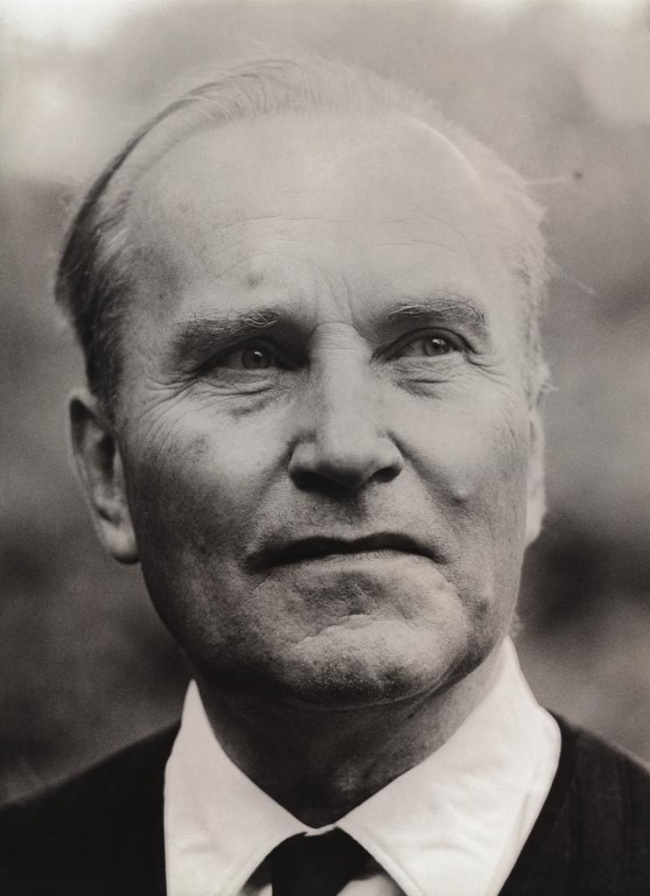What is the role of art in the technological era according to Jan Patočka will be discussed by Felix Borecký in his lecture at the University of Évora. If you would like to listen to the talk from Czechia (or wherever you are), you can use this link to join remotely.
In his text ‘Art and Time,’ the Czech philosopher Jan Patočka (1907 – 1977) discusses the role of art in the modern, technologically advanced era, emphasising that art is the last spiritual activity that can still remind human beings of the ‘natural world’ and provide ‘global meaning.’ Unlike in pre-modern eras, however, art no longer expresses this global meaning as collectively binding; instead, it turns to individuals, encouraging them to articulate their own existential meaning.
Departing from Patočka’s reflections, the present lecture will deal with some of the following questions: If art has such a privileged position in modern society, what is the role of science and philosophy? Why has the role of art changed so fundamentally in the modern era, and why can the meaning that art expresses no longer be collectively shared? Patočka describes modern art as an activity of contemporary human beings, “the whole of which is evidence of our spiritual freedom, authentic evidence ex definitione.” (p. 109) However, how does this authentic activity cope with the constraints and pressures produced by the modern world with its ideologies and overwhelming technologies?

Charles University
Faculty of Humanities
Pátkova 2137/5
182 00 Praha 8 - Libeň
Czech Republic